I originally designed this Be Brave bracelet for a beautiful young woman – using her mother's words, written near the end of her life. At her mother's funeral, her father read from the notebook she had kept. She’d been in pain and on a lot of drugs, so they were disparate thoughts, lists and memories, but interspersed throughout: the phrase 'be brave,' again and again, like a mantra to herself, and finally right near the end, 'be brave, it's supposed to be hard.'
I cried throughout the entire service. She wasn't that much older than me, the wife of my oldest friend’s brother, and she left behind three only-just-grown children and a broken partner. I wasn’t only crying for them, I was crying for the loss of my own mother – a year before lockdown: a loss they were only just getting to know, that I had been exploring the shape of for over two years. And I was crying for the notebooks she kept, and because she was such a fucking good writer, with so many ideas that she hadn’t had time to properly formulate, and for the utter simplicity, the pure truth of these words told to herself while facing her own death.
After my mother died, I got into meditation and I found Eckhart Tolle’s books, which were an immense help to me. I’ve listened to them all on Audible, several times over. He writes incredibly clearly and succinctly about huge spiritual ideas, but still, nothing quite hit home as hard as these words had.
Be brave. It’s supposed to be hard.
Practicing acceptance is so incredibly hard, unless you’re a Zen monk, I tell myself as I fail at it. But here she was, acknowledging it head on: that life is all exactly how it should be. Her words are not trite, but plain and succinct – crystal clear. It’s not supposed to be easy. In the midst of her own pain and fear, she was able to accept and face the truth of her own life and death.
When I designed the bracelet for her daughter, who was so young and left utterly bereft without the mother she was so close to. I wanted to find a way for her to carry these words with her, to remember the strength her mother had passed to her through words. The words, I thought, should be etched in artist, Stuart Semple's, truly incredible glow-in-the-dark pigment to be with her in the dark times.
And I would put a crystal at the centre, like I did with the Zodiac necklaces. But nothing worked or looked right, except the hole itself.
I remember the intense and intimate kindness of the complete strangers who connected with me after my mother’s death. I was in the club, as they say on Cariad Lloyd’s inspired podcast, The Griefcast. Listening to it was the only thing besides running through the woods that made me feel better in the months after she died. I craved the honesty of people talking about their own experiences of death: describing the banality of endless days in hospitals or hospices, the endless waiting. And how films have so much to answer for. Dead people don’t look like they’re sleeping. And no one gets that final scene, when you are able to say all of the things you meant to, but more importantly hear all of the things you need to hear from that person who is leaving forever.
Several of the strangers who showed me such kindness, told me how grief doesn’t diminish. Some showed me memes about stones in jars or gardens with ponds. The size of the loss doesn’t ever change, but you grow in relation to it. Your jar gets bigger, fills with new things, your garden grows around your dark pond. And your life becomes richer because of that hole that you carry inside, and what it has taught you. You appreciate what you have more intensely, because you have witnessed first-hand the brevity of a life, and you know what you can and can’t take with you.
The older I get, the more I think life might be about learning how to handle loss, which I guess is what is meant by acceptance. Things are taken from us, people ripped from us, and the pain is almost unbearable. But we bear it if we are lucky, if we have people there to support us – kind strangers, the love we remember from the person who died. We find a way through.
But the nature of loss is that you are left wanting. I sometimes think of grief like a thirst, but there is no glass of water or wine that you will be able to drink in this life to quench it. This longing is proof that you have loved, and that you are still alive. And for me, that’s what the words, ‘be brave,’ signify: a willingness to understand and fully allow yourself to experience the pain of being alive, while staying alive.
After my mother died I realised how little I understood of death. How it came as a shock, an almost unspeakable thing that we couldn’t discuss even after she went into the wonderful Royal Trinity Hospice in Clapham. It was so refreshing that death was now acknowledged by the doctors, and I know they provided a huge reassurance to her that she wouldn’t suffer. But, apart from a few jokes about funerals, my mother and I didn't talk about what was bringing me there every day.
A few days before she died, my mother, as thin as it is possible for a human to be, so weak she was in a kind of constant sleep-state, woke up to go to the loo and insisted on climbing out of bed. I held onto her as she made her way, determined to walk to the bathroom. I sat with her and waited, trying to make myself invisible. Going to the loo together wasn’t something my Mum and I ever did, when all of a sudden she grabbed my hand and said, as if hit with a sudden realisation. ‘I don’t think I’m going to be here for very long.’
‘Oh,’ I said. ‘Do you mean, on the loo?’ I thought maybe she was trying to get me to leave her alone, so she could pee with some sort of dignity. I wasn’t sure how to explain tactfully, that I couldn’t do this.
‘No.’ She shook her head, examining my concerned face, something she kept doing in those final days, as if trying to figure out what was making me so worried. ‘No. On this earth. I don’t think I’ll be long in this world. I think I’m dying.’
I felt myself start to smile at the absurdity of it all, but she was smiling too. Even in her exhaustion, she saw the humour in it. But that was one of the last things she said to me.
Over the next few days, she became too weak for consciousness, and slipped off into dreams I couldn’t see. Her arms often waving in the air as if she was conducting some invisible symphony. I sat by her bed answering texts from her friends on her phone.
‘She is in the nicest place possible and she is ready.’ I texted back her friend Nina, ‘Though it is so sad – really the hardest thing I’ve done seeing her get so weak. I’m sure she is going somewhere else – she seems halfway there now.’
‘In Jamaica where I lived for a long time,’ Nina wrote back, ‘we refer to this as ‘travelling’.
I loved that. I felt strongly that my mother was now on her own journey, and she seemed to be enjoying it. Her eyes darted beneath her eyelids and she smiled with clear delight at times, as she reached for things I couldn’t see.
In his book, Being Mortal, Illness, Medicine and What Matters in the End the doctor and writer, Atul Gawande, tackles our collective Western reluctance to think about, plan for and face our own deaths. ‘Courage,’ he writes,‘is strength in the face of knowledge of what is to be feared or hoped.’
This is the courage or bravery meant by words that I've inscribed on these bracelets: every-day bravery – the bravery to keep on keeping on – in the face of this beautiful, messed-up, and at times, utterly heart-breaking life.
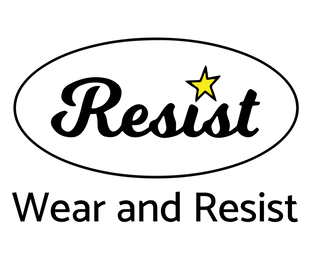

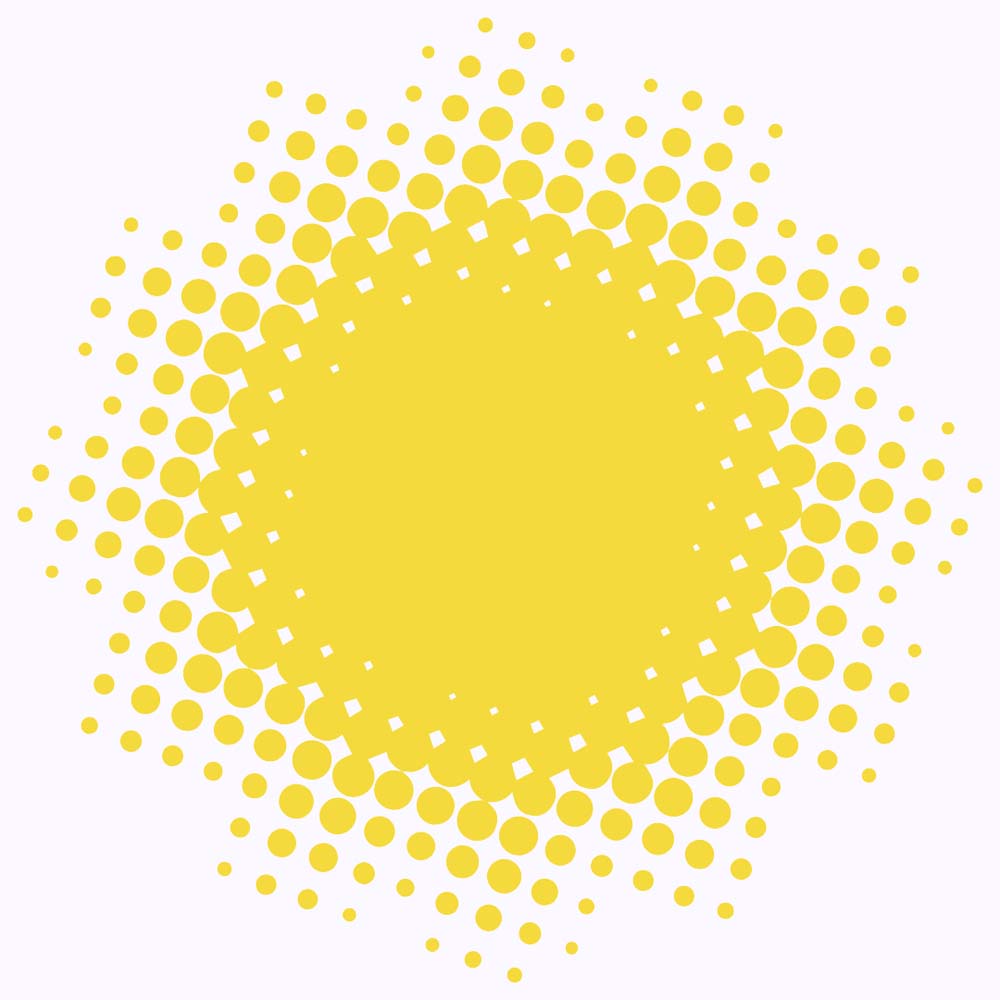
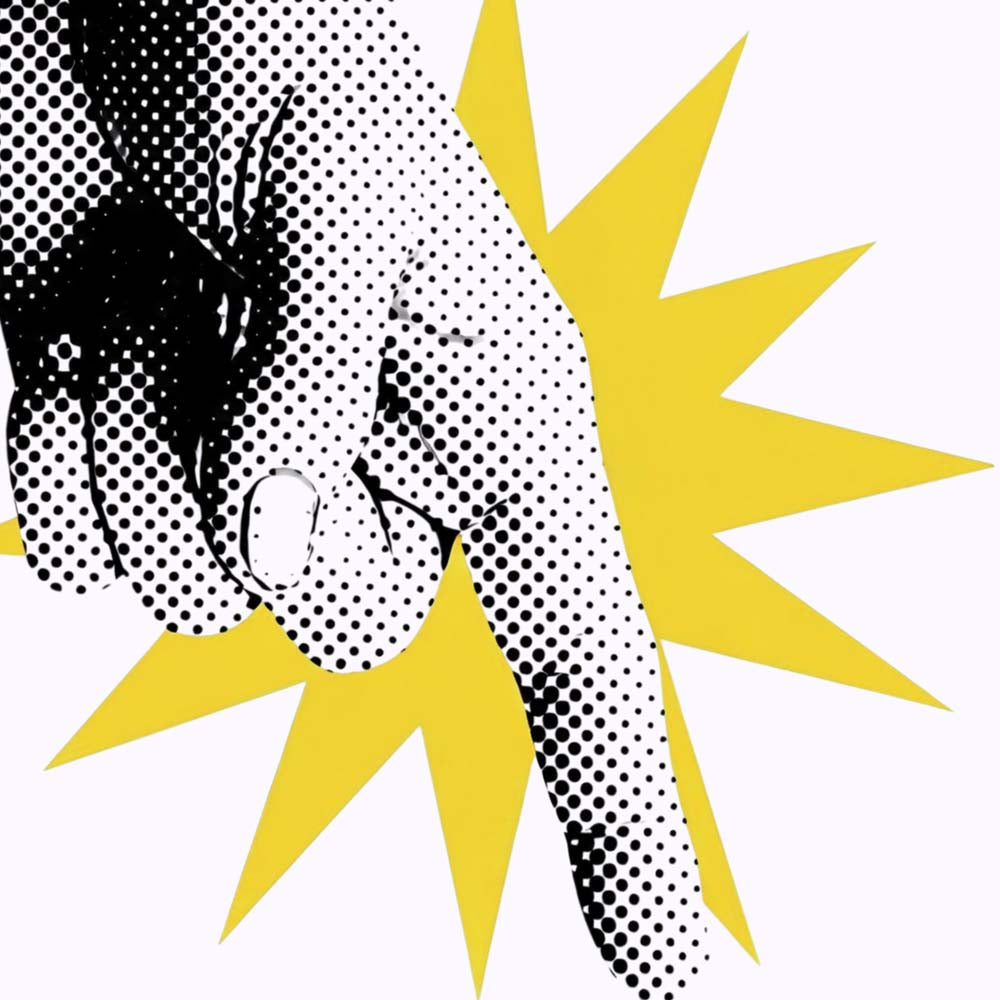
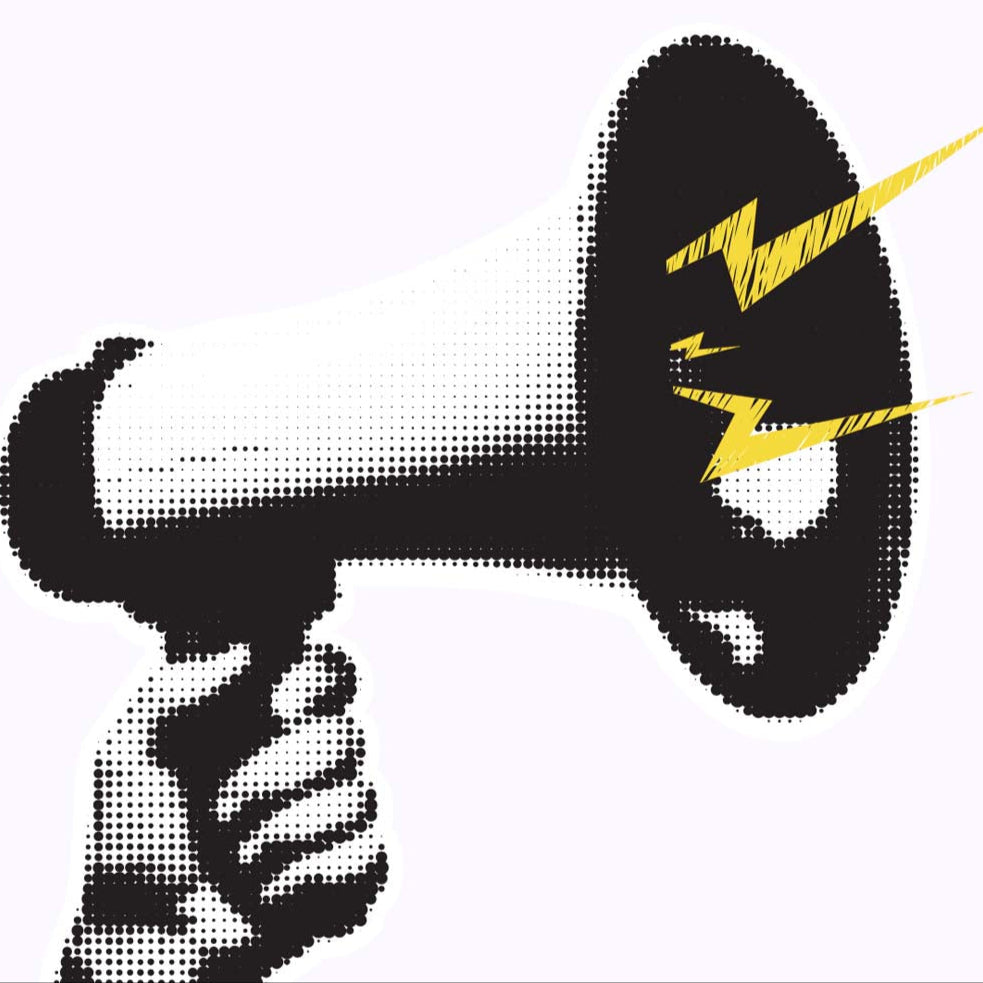
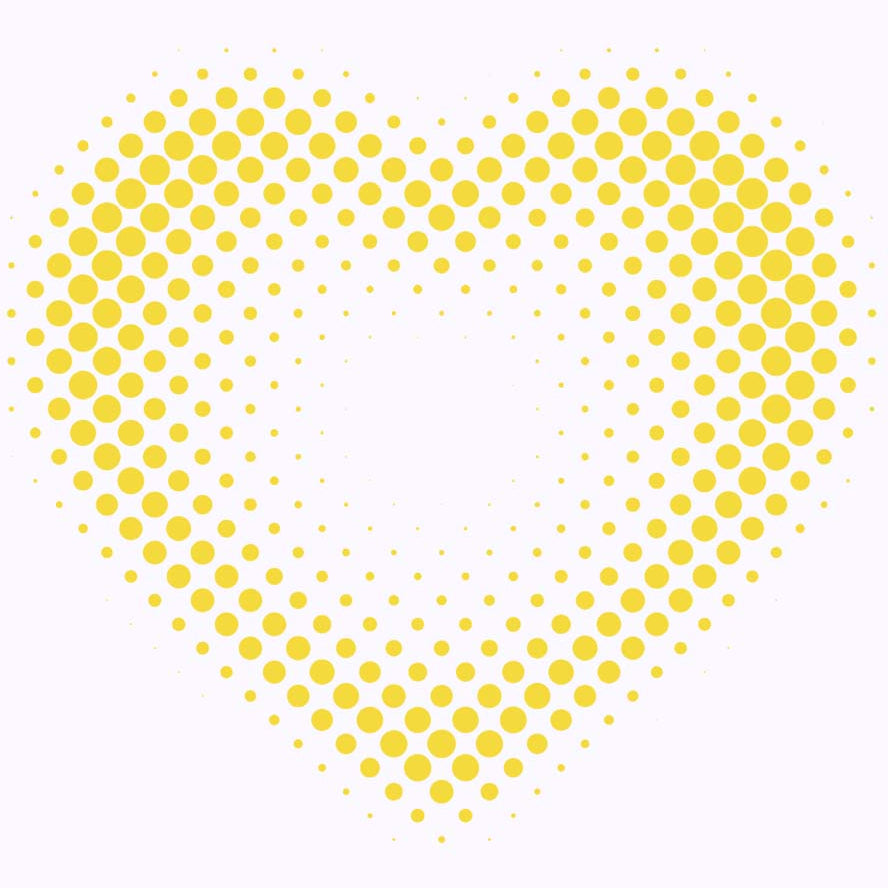
Comments
Such utterly beautiful words about grief.
I’m so glad to have found you & your cause.
W&R is now top of my gift list 🤩💪 🎁